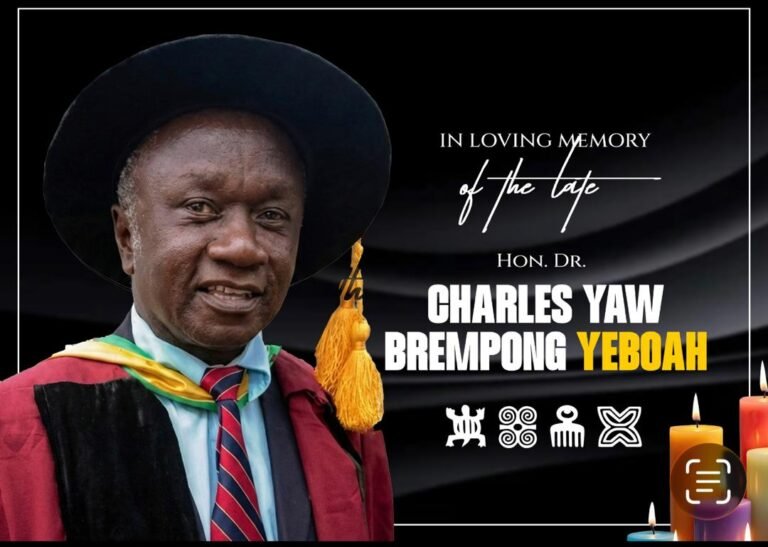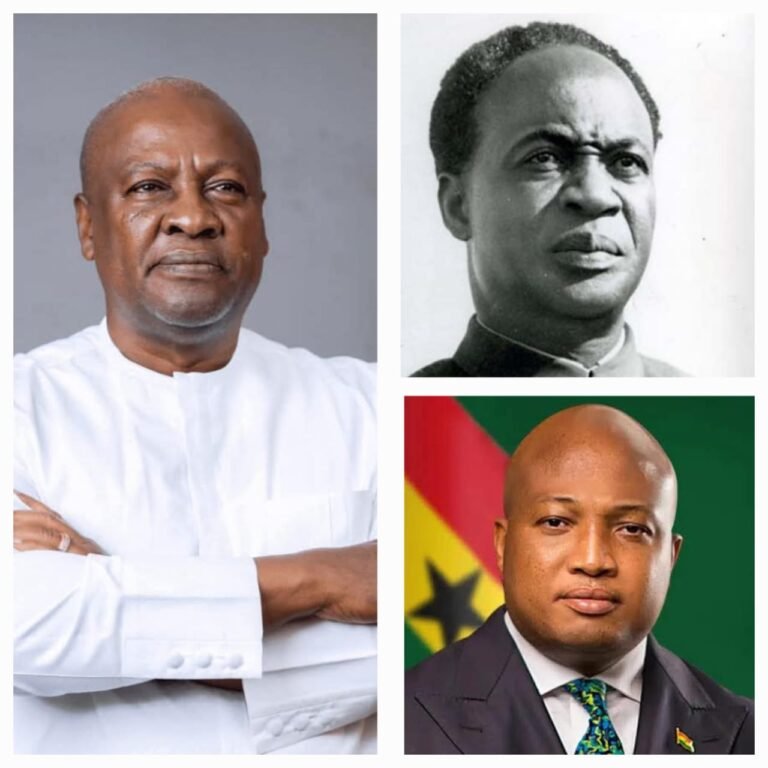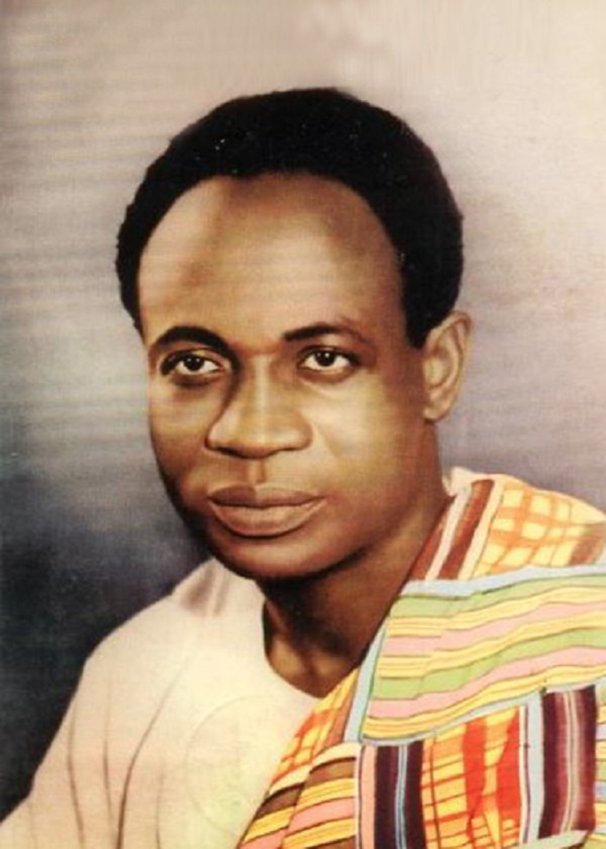
 The Minister of Finance, Ken Ofori-Atta, says that the economy is gradually on the upswing, despite the numerous shocks faced over the past two years, following the overall growth outturn of 3.4 percent and 4.8 percent recorded in the first and second quarter of 2022.
The Minister of Finance, Ken Ofori-Atta, says that the economy is gradually on the upswing, despite the numerous shocks faced over the past two years, following the overall growth outturn of 3.4 percent and 4.8 percent recorded in the first and second quarter of 2022.
This, he explained, stems from snippets of indicators showing steady progress being made by the government to put the country firmly on a path of macroeconomic stability.
The Minister added, among other things, that since the first quarter of 2022, the government had cut discretionary expenditures from the budget by 30 percent, as part of measures to shore up the country’s reserves. He said his ministry had also successfully worked on a US$750 million Afreximbank loan facility, which was received in August 2022, to help strengthen the economy.
Also, the Bank of Ghana (BoG) introduced enhanced measures such as a special foreign exchange auction for bulk distribution companies and a gold purchase programme to contain the depreciation of the cedi.
During a press briefing yesterday, Mr Ofori-Atta noted that the aforementioned progress gives Ghana a solid foundation to confront the challenges ahead. He, however, said it would still need to engage the International Monetary Fund (IMF) to better sustain this economic growth.
“These figures demonstrate that, in spite of recent challenges, there has been economic growth, modest as the gains so far may be,” he said.
He also pointed out that global risks remain on the horizon, including a strengthening US dollar and higher interest rates, which negatively affect external borrowing, saying “this development is exerting enormous pressure on our Balance of Payment position, and thus the need for us to expedite our engagement with the IMF.”
Negotiation package
Additionally, Mr Ofori-Atta disclosed that the government is finalising its Post-COVID-19 economic programme as the domestic blueprint to engage the IMF.
This document, he said, had already benefitted from input from key stakeholders, including Civil Society Organizations (CSOs), labour unions, employers, faith-based organisations, academia, industry professionals, and the leadership of Parliament with additional stakeholder engagements to be held to solicit further inputs for the programme.
“Our economic programme contains a set of time-bound structural reforms and fiscal consolidation measures to place our debt levels and fiscal accounts on a sustainable path over the medium-term. The programme is hinged on seven pillars namely, debt sustainability, fiscal consolidation, strengthening monetary and exchange rate policies, building strong financial institutions, macro-critical structural reforms, maintaining peace and secutity, and economic growth and transformation,” he said.
IMF negotiations
The Finance Minister said formal negotiations for a Fund-supported programme began on Monday, and discussions are advancing smoothly.
The IMF Mission will cover 10 days and, in line with President Nana Akufo-Addo’s dialogue with the IMF Managing Director, Kristalina Georgieva, negotiations will be fast-tracked to ensure that key aspects of the programme are reflected in the 2023 Annual Budget Statement in November 2022.
“Government is committed to ensuring that a comprehensive package is negotiated to restore and sustain macroeconomic stability, ensuring durable and inclusive growth and promoting social protection,” the Minister said.
Mr Ofori-Atta further said contrary to widespread reports that Ghana is poised to start talks with domestic bond holders on restructuring its local currency debt, it is too early to speculate on debt restructuring, stressing that it mainly depends on the ongoing Debt Sustainability Analysis with the Fund.
This, he said, will inform the next line of action as the government and the Fund remain committed to ensuring no harm is done to the interest of stakeholders as a result of this programme.
“In addition, the IMF and government team are working to update the medium-term macro-fiscal framework to inform IMF programme design. Also, the government team and the IMF Team are discussing policy measures and structural reforms proposed in our economic programme aimed at addressing the economic challenges facing the country towards restoring and sustaining macroeconomic stability, fiscal and debt sustainability, as well as promoting durable and inclusive growth and social protection,” he said.
He also stressed that the government had not reached any agreement with the Fund on the parameters of any debt operations, explaining that “we are in the process of completing the debt sustainability analysis.”
Mr Ofori-Atta assured that government shall continue to actively engage all stakeholders clearly and transparently in seeking to fast-track the IMF negotiation process.
“Ghana needs a viable domestic financial system to support its development programme, especially in these three years with limited access to the International Capital Market. Therefore, everything must, and will be done, to protect our financial sector; and there must be room for a win-win conversation through extensive stakeholder engagement with both our domestic and external investors. Ghana has always had a collaborative approach with its partners and we shall, I am confident, come out with a ‘historic arrangement’,” he stated.





